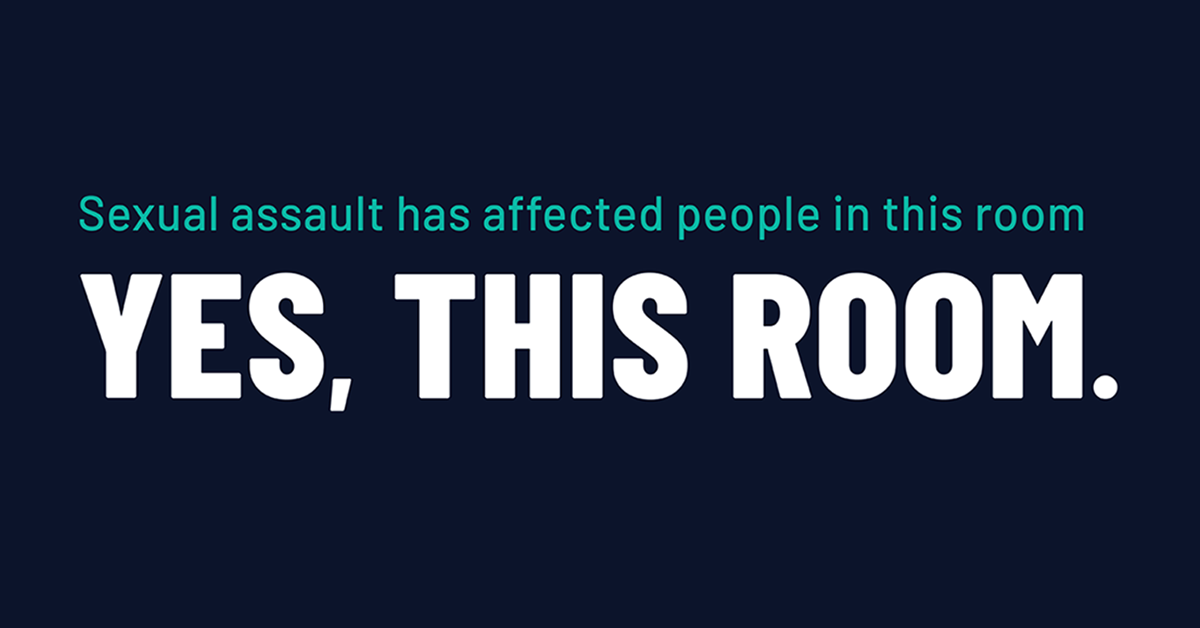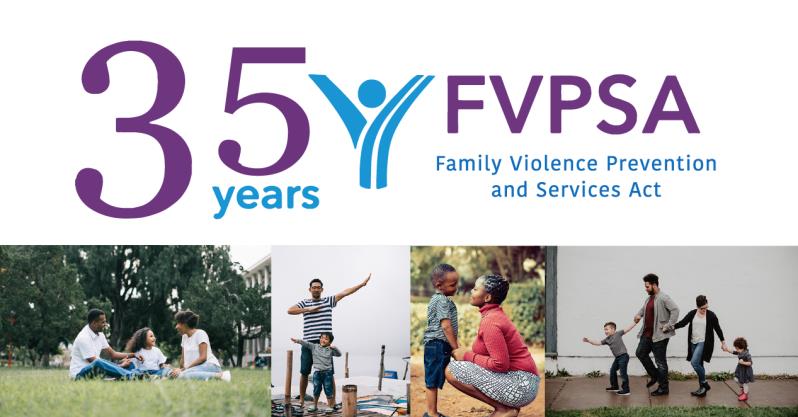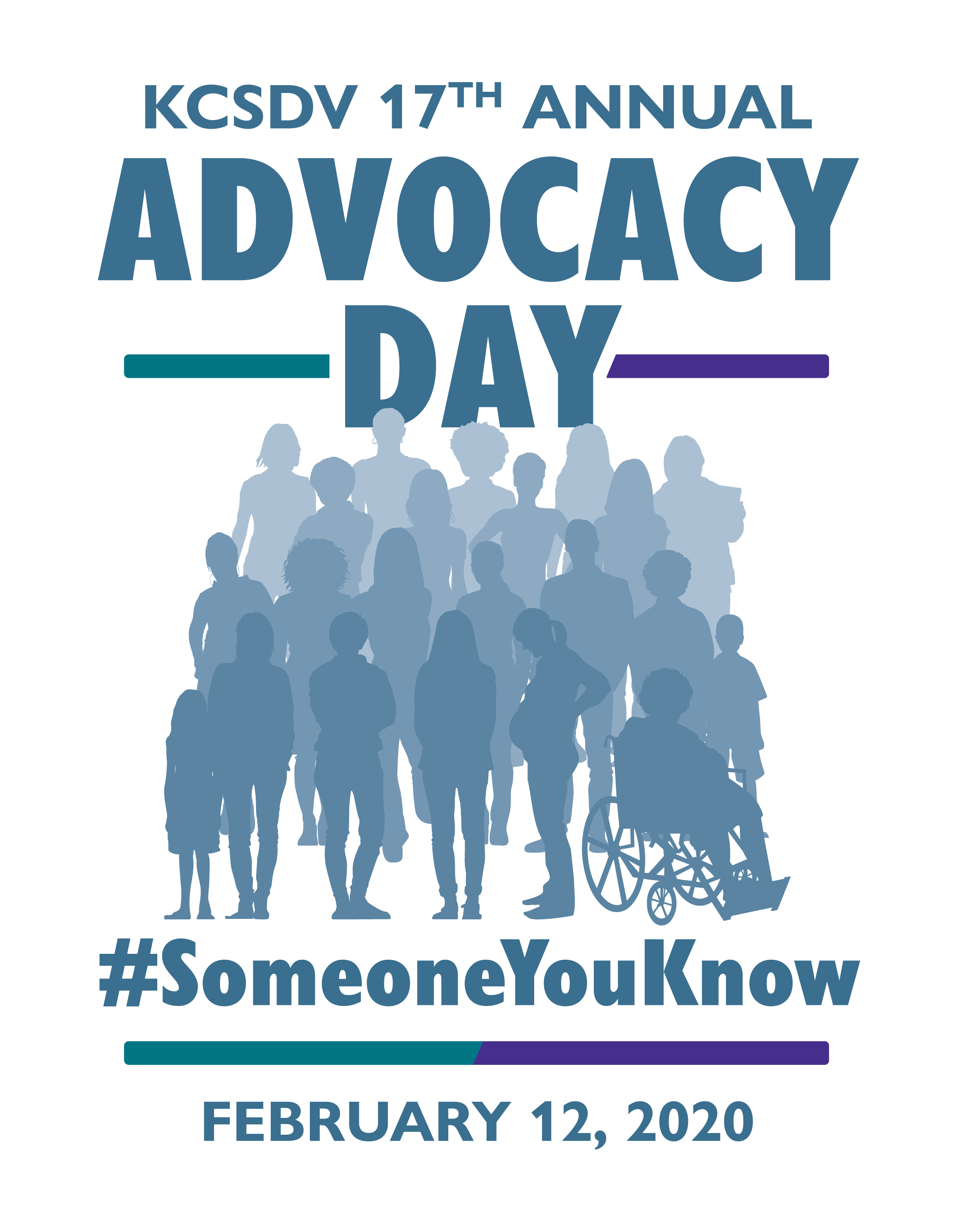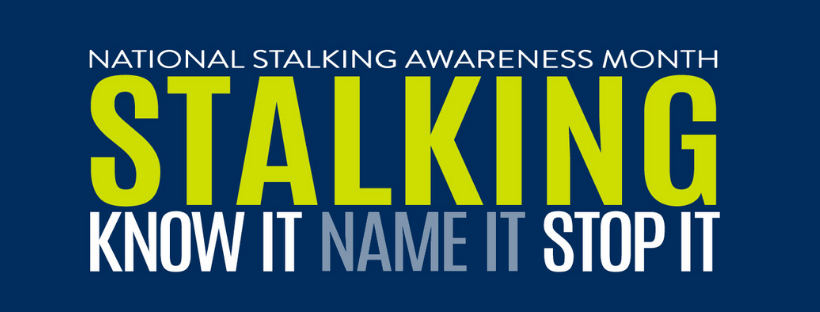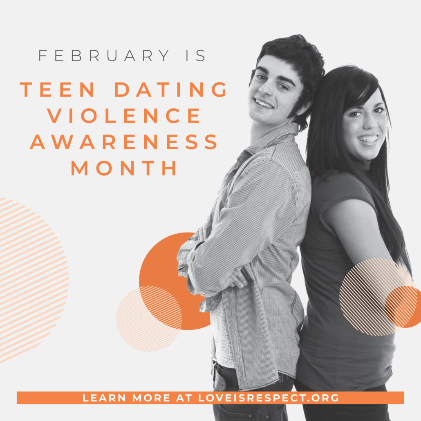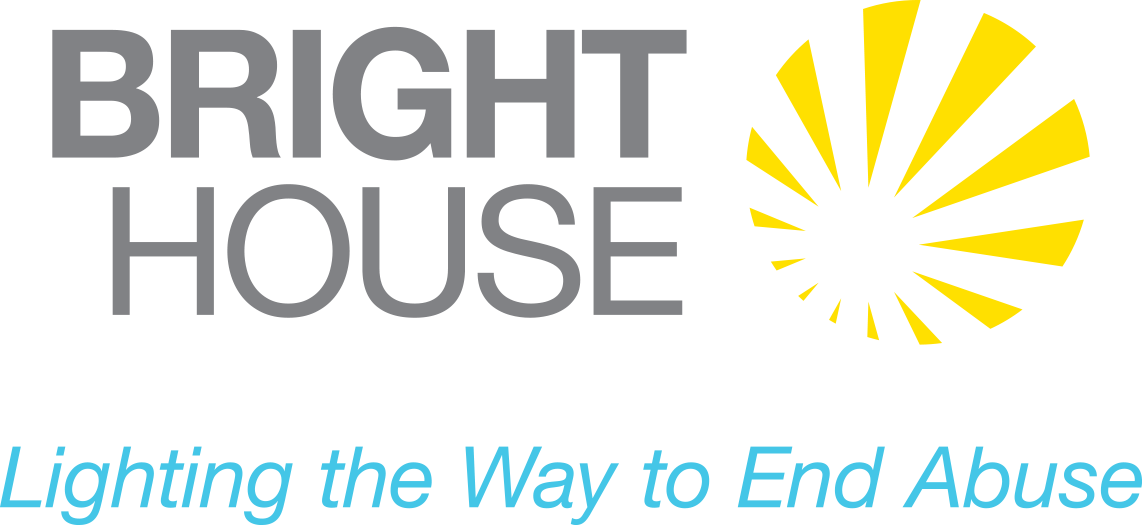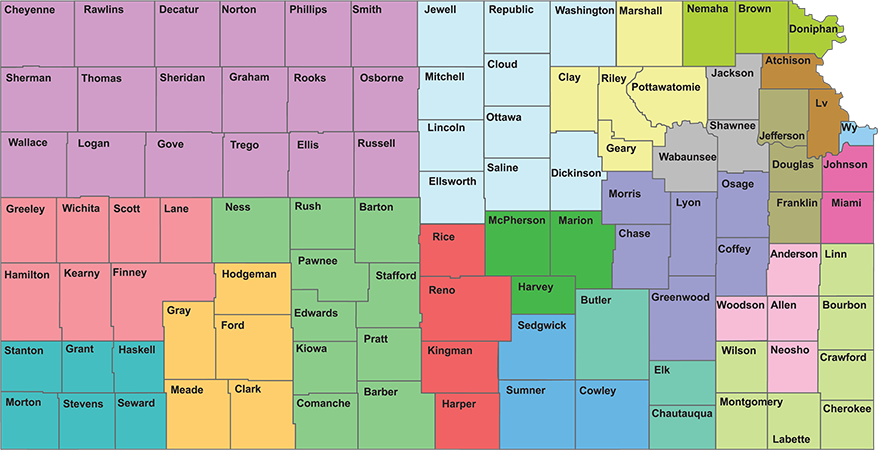KCSDV Winter 2019 Newsletter
- December 19, 2019
- Posted by: Lucca Wang
- Categories: 2019, Newsletters
In This Newsletter:
- Thank You
- Yes, This Room. Sexual Assault Public Awareness Campaign
- Victims Who are Immigrants are Eligible for Emergency and Immediate Shelter and Supportive Services
- KCSDV’s 17th Annual Advocacy Day on February 12, 2020
- Stalking Awareness Month
- Teen Dating Violence Prevention and Awareness Month
- Hutchinson’s BrightHouse, Inc. Expands Child Visitation and Exchange Program
- Glad You Asked: Does Domestic Violence Increase Over the Holidays?
- Resources
Thank you to everyone who joined the efforts this year to end domestic violence, sexual assault, stalking, and dating violence.
KCSDV has hosted training events, webinars, meetings, and conferences. We have produced and updated brochures, websites, manuals, toolkits, and other resources. We have responded to hundreds of contacts through email, telephone, website, and text, answering those seeking assistance with problem-solving and information that will improve responses and safety for survivors and their families.
Thank you for being a part of this effort!
And, as we wind up the year committed to the goals of safety, justice, and accountability, please remember to support your local domestic violence and sexual assault program and KCSDV. Donations from our friends and partners are critical to this work of ending violence. Your donations are those oh-so-important “unrestricted funds” that allow us and your local program to fill in the gaps that foundation and grant funding just do not fill. Not only do these donations fill in the gaps, but they also remind us that ending this violence will take efforts by all of us.
You may not be able to volunteer or work every day in this field, but your commitment to supporting this work through your donation is equally important. Your donation is important no matter the amount, no matter how frequent.
KCSDV staff look forward to working with all of you in the coming year!
“Yes, This Room.” is a statewide public awareness campaign developed through the Kansas Sexual Assault Kit Initiative (SAKI) Project. The awareness campaign is a call to action for everyone to participate in increasing awareness about sexual assault. You can do so by sharing this information.
Increasing awareness about sexual assault helps combat the normalization of sexual violence in our society.
We can all help change our culture, support victims and survivors, and increase offender accountability by:
- Learning more about sexual assault and sharing the information with others
- Challenging victim-blaming thoughts, beliefs, and myths
- Engaging in courageous conversations about the realities and facts about sexual assault
Together, we can prevent and eliminate rape culture. Creating safer communities in which we can safely live, work, and learn requires action from us all.
Battered immigrants are eligible for emergency and immediate shelter and supportive services funded by the Family Violence Prevention and Services Program Act (FVPSA). This means that all 21 domestic violence shelters and transitional housing providers in Kansas can and must serve victims of domestic violence who are immigrants.
FVPSA has no immigration restrictions, and its services do not qualify as a federal public benefit pursuant to the Personal Responsibility and Work Opportunity Reconciliation Act of 1996, P.L. 104-193, as amended by the Illegal Immigration Reform and Immigrant Responsibility Act of 1996, P.L. 104-208. As such, FVPSA-funded grantees and sub-awardees are prohibited from requiring battered immigrants to provide documentation of citizenship or immigration status.
FVPSA has always provided guidance to grantees and sub-awardees that battered immigrants must be served in FVPSA-funded programs and that documentation of immigration status is not required. The Family Violence Prevention and Services Notice of Proposed Rule Making published on October 14, 2015 also makes clear that documentation of immigration status cannot be required.
KCSDV and many KCSDV coalition members receive funding through the federal Department of Health and Human Services’ Family Violence Prevention and Services Program. The Family Violence Prevention and Services Program Act (FVPSA) was signed into law in 1984. Learn more about FVPSA at http://www.learnaboutfvpsa.com/35yrs-impact.
Each year, KCSDV holds Advocacy Day at the Kansas Capitol in Topeka to increase the public’s awareness and knowledge of sexual and domestic violence and victim advocacy services in Kansas. This year’s Advocacy Day is on February 12, 2020, and like last year, the theme is #SomeoneYouKnow. Statistics prove that sexual and domestic violence impacts someone you know.
At Advocacy Day, KCSDV’s coalition member programs from across the state join to educate and increase knowledge on the breadth and depth of services their organizations provide to victims and survivors every day in their local communities. This contributes to communicating the tremendous impact of services provided across the state at Advocacy Day.
A big part of Advocacy Day is the Silent Witness Displays and the Silent Witness Program on that day at 11-11:30 a.m. The silhouettes shown on the Silent Witness Displays symbolize Kansas women killed through sexual and domestic violence. The stories on the displays are real, true stories of Kansas women killed by perpetrators of sexual and domestic violence. There are about 75 displays total and over 50 unique stories. One story can be read on each display. By showing these Silent Witness Displays, we honor these women, their lives, and their stories – as well as all other victims and survivors of sexual and domestic violence.
We welcome all Kansans to join us on February 12 at the Capitol and on KCSDV’s website at http://kcsdv.org and social media accounts on Facebook and Twitter (@KCSDV) to learn about sexual and domestic violence and victim services that are available and provided every day in communities across the state.
January is Stalking Awareness Month. The first National Stalking Awareness Month (NSAM) was recognized in January 2004 by the National Center for Victims of Crime.
The goal of Stalking Awareness Month is to increase awareness about stalking and the resources and the help available for victims of stalking.
Stalking is intentionally or recklessly engaging in a course of conduct targeted at a specific person which would cause that person in the circumstances to fear for their or their family member’s safety.
Any person of any age, economic status, sexual orientation, gender, gender identity, race, religion, or nationality can be stalked. Stalking is about power and control and is used by the stalker to intimidate their victim.
Examples of stalking might include: approaching the victim or showing up in places when the victim did not want them there; making unwanted phone calls; leaving the survivor unwanted messages (text or voice); watching or following the survivor from a distance; leaving unwanted gifts; and spying on the survivor with a listening device, camera, or GPS (global positioning system).
1 in 6 women and 1 in 17 men in the US experienced stalking victimization at some point in their lifetime.
In Kansas in 2018, 898 stalking offenses were reported to law enforcement agencies. At least 1,601 Kansans reached out for victim services because of stalking, and 5,511 protection from stalking orders were requested.
54% of femicide victims in the US reported stalking to the police before they were killed by their stalkers. In 85% of completed and 75% of attempted femicides, there was at least one episode of stalking the year prior.
Survivors of stalking knew their perpetrator in 93% of all stalking offenses in Kansas in 2018. Current or former intimate partner suspects were responsible for 49% of all stalking offenses in Kansas in 2018. Stalking can happen before, during, and after a relationship.
Stalking can be a red flag, signaling that other types of abuse and violence have occurred, are occurring, or might occur:
- 46% of victims experienced one or more violent incidents by their stalker.
- 81% of women who were stalked by a current or former husband or cohabiting partner were also physically assaulted by that partner.
- 31% of women stalked by an intimate partner were also sexual assaulted.
Stalking victims and survivors are affected in the workplace, choose to move as a safety strategy, and become isolated from friends and family to keep those friends and family members safe and/or because of lack of support from those family members and friends. While victims and survivors experience many additional impacts in a variety of ways, these impacts can cause disruption of social connections, resources, and community and family support.
Victims of stalking need us to listen and support them.
Advocacy Services and Resources
To get help and access services, call the Kansas Crisis Hotline at 1-888-363-2287.
Find a map and listings of Kansas sexual and domestic violence victim advocacy programs at: https://www.kcsdv.org/find-help/in-kansas/dv-sa-services-map.
Learn more about stalking at https://www.kcsdv.org/learn-more/stalking/.
February is Teen Dating Violence Awareness and Prevention Month (TDVAM). This month is dedicated to increasing awareness about dating abuse within teenage relationships and the resources that are available for teen victims and survivors.
Teen dating violence is more common than many people think. Nearly 1.5 million high school students nationwide experience physical abuse from a dating partner in a single year. 1 in 3 adolescents in the US is a victim of physical, sexual, emotional, or verbal abuse from a dating partner.
Teen dating violence is a pattern of abusive behaviors done by an abusive partner. Abusive behaviors can include violent words and/or actions. The abusive partner feels entitled to gain and maintain power and control over their partner, the victim.
Cell phones and the internet have become common tools used in teen dating violence. At a rapidly increasing rate, many teens in dating relationships have reported being controlled, threatened, and humiliated through cell phones and the internet.
Girls and young women between the ages of 16 and 24 experience the highest rate of teen dating violence and intimate partner violence. However, any young person can experience dating abuse regardless of gender, sexual orientation, socioeconomic standing, ethnicity, religion, or culture. Abusers do not discriminate. Abusers feel entitled and want to have power and control over their intimate partner. Therefore, abuse can happen to anyone – in any relationship, whether the relationship is one that is considered casual or serious.
Victims of teen dating violence need us to listen and support them.
Only 33% of teens who were in a violent relationship ever felt safe and supported to disclose their abusive relationship to anyone.
It is important for supportive adults and communities to understand the dynamics of teen dating violence and the impacts the violence can have on teens and young people. We can provide, or better provide, victims of teen dating violence with the support and resources they need in moments they need it most. Additionally, then, we can support their healthy relationships and future as well as role model our own healthy relationships and futures. Decreasing violence for a teen increases their health and potential.
In 2018, the national organization Loveisrespect documented 118 contacts from Kansas through their text, call, and online chat lines. The most common reason for these contacts was intimate partner violence and teen dating violence. Via this contact, the victims and survivors were provided with 203 referrals and direct connections to resources and advocacy services.
Advocacy Services and Resources
To get help and access services, call the Kansas Crisis Hotline at 1-888-363-2287.
Find a map and listings of Kansas sexual and domestic violence victim advocacy programs at: https://www.kcsdv.org/find-help/in-kansas/dv-sa-services-map.
Learn more about domestic violence, intimate partner violence, and teen dating violence at https://www.kcsdv.org/learn-more/domestic-violence/ and https://www.loveisrespect.org/.
Hutchinson’s local sexual and domestic violence services provider BrightHouse, Inc. (BrightHouse) was awarded a $15,000 grant from the Hutchinson Community Foundation.
The grant provided BrightHouse with additional rent dollars needed to expand the organization’s Child Visitation and Exchange Center. BrightHouse was able to add the space on October 1, 2019.
The funding will also furnish the center with new furniture, allow the program to purchase needed technology, and add security. The new technology will enable BrightHouse to operate more digitally.
The Foundation’s recent support also allows the program to purchase toys with which children can play while they are in the center.
Visit BrightHouse’s website at https://www.brighthouseks.org/.
There is a common belief that domestic violence increases during the holidays. According to the National Resource Center on Domestic Violence, there is no comprehensive national study linking the holidays with an increase in domestic violence.
While some smaller studies show an increase, other research indicates there is actually a decline in the number of calls to the National Domestic Violence Hotline over the holidays. The available research is limited and inconclusive.
However, we do know that while the holidays are a source of joy for many, they can also be stressful. In homes where domestic violence is occurring, the stress of the holidays can worsen already existing abuse. More time off from work may mean more time with the abuser. There could be financial stress or economic abuse due to gift giving. And, traveling or even just changing routines can also add stress. It is important to remember, though, that while the stress of the holidays can exacerbate domestic violence, the holidays and stress itself do not cause domestic violence.
The holidays are a good opportunity to promote health and safety for victims, survivors, and their families. Making sure basic needs are met, planning ahead for safety, and finding ways to be supportive are a few things that can help.
There are resources available.
For safety planning tips for the holidays, visit https://www.thehotline.org/2015/12/04/safety-planning-for-the-holidays/.
For information about how to support a victim of domestic violence, visit https://www.kcsdv.org/learn-more/resources/brochures/general-info/supportdv/.
This project was supported by Grant No. 2017-MU-AX-0006 awarded by the Office on Violence Against Women, U.S. Department of Justice. The opinions, findings, conclusions, and recommendations expressed in this publication are those of the author(s) and do not necessarily reflect the views of the Department of Justice, Office on Violence Against Women.
KANSAS CRISIS HOTLINE: 888-END-ABUSE | 888-363-2287
Last Updated on Dec 27, 2019

